Joni Mitchell’s “Big Yellow Taxi” is an environmental protest song that brings awareness about the deterioration of nature and the need for change. Her song has been covered and sampled by many artists. But in looking at songs produces after “Big Yellow Taxi” we can see the development of environmental activism as it has progressed to teach about climate change. In looking at Mitchell’s song lineages, we can better understand “Big Yellow Taxi” as a cry against the injustice towards nature and the impact unchecked consumerism has on that.
Lineage #1: Joni Mitchell’s “Big Yellow Taxi”→ The Beach Boys’ “Don’t Go Near the Water”→ Will.I.Am’s “S.O.S (Mother Nature)”→ Childish Gambino’s “Feels Like Summer”
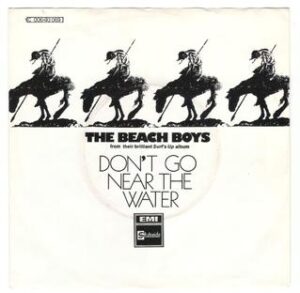 “Don’t Go Near the Water” (1971) sung by The Beach Boys draws on the theme of environmental awareness, but hones in on Mitchell’s concept of remorse for a piece of nature lost. The Beach Boys sing about the pollution in the ocean that is finding its way back to the shore after years of people chucking out their trash out to sea. Reinforcing the theme of earth’s resources being finite and hard to restore after years of mistreatment. The Beach Boys also echo Mitchell’s call to action with their outro singing, “Let’s all help the water/Right away/Do what we can and ought to/Let’s start today.”
“Don’t Go Near the Water” (1971) sung by The Beach Boys draws on the theme of environmental awareness, but hones in on Mitchell’s concept of remorse for a piece of nature lost. The Beach Boys sing about the pollution in the ocean that is finding its way back to the shore after years of people chucking out their trash out to sea. Reinforcing the theme of earth’s resources being finite and hard to restore after years of mistreatment. The Beach Boys also echo Mitchell’s call to action with their outro singing, “Let’s all help the water/Right away/Do what we can and ought to/Let’s start today.”
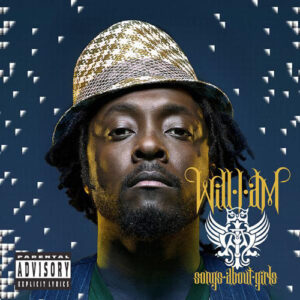 In Will.I.Am’s 2007, “S.O.S (Mother Nature)” he expands on the idea of deterioration by including the division among people and the environment. Both are devastated and threatened by climate change and unchecked consumerism, similar to “Big Yellow Taxi.” Will.I.Am expands on this conversation by also incorporating willful ignorance, as another reason why no action has been done, “The world is dying/ And if they say it’s gonna be alright, them people are lying/ People trapped behind the gates, ignorance in their state of mind” and “The planet’s gonna die cause of bullshit politics…/And ain’t nobody coming to the rescue to help the/(The world).” Will.I.Am’s song is also a call to action like Mitchell’s song.
In Will.I.Am’s 2007, “S.O.S (Mother Nature)” he expands on the idea of deterioration by including the division among people and the environment. Both are devastated and threatened by climate change and unchecked consumerism, similar to “Big Yellow Taxi.” Will.I.Am expands on this conversation by also incorporating willful ignorance, as another reason why no action has been done, “The world is dying/ And if they say it’s gonna be alright, them people are lying/ People trapped behind the gates, ignorance in their state of mind” and “The planet’s gonna die cause of bullshit politics…/And ain’t nobody coming to the rescue to help the/(The world).” Will.I.Am’s song is also a call to action like Mitchell’s song.
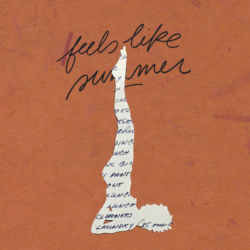 “Feels Like Summer” (2018) sung by Childish Gambino brings about hard topics like the world’s rising population, climate change, and water scarcity. Similar to “Big Yellow Taxi” he acknowledges that things despite wanting them to change, probably won’t, but there is still hope, “I’m hoping that this world will change/But it just seems the same/I know/Oh, I hope we change.” Like Mitchell’s song, Gambino sings with laidback vocals and music, while still bringing up pressing issues.
“Feels Like Summer” (2018) sung by Childish Gambino brings about hard topics like the world’s rising population, climate change, and water scarcity. Similar to “Big Yellow Taxi” he acknowledges that things despite wanting them to change, probably won’t, but there is still hope, “I’m hoping that this world will change/But it just seems the same/I know/Oh, I hope we change.” Like Mitchell’s song, Gambino sings with laidback vocals and music, while still bringing up pressing issues.
In Lineage #1 we see the balance between acknowledging nothing has changed despite the warning signs and still calling out for change regardless. Will.I.Am and Childish Gambino’s songs add in the idea of climate change into this lineage, whereas the older songs mostly focused on chemicals and industrialization. Overall, the songs are connected to the singer’s dream of a better future rooted in the hope for this generation to take action.
Lineage #2: Joni Mitchell’s “Big Yellow Taxi”→ Johnny Cash’s “Don’t Go Near The Water” → The Lorax Movie’s “Thneedville Song” → Billie Eilish’s “All the Good Girls Go to Hell”
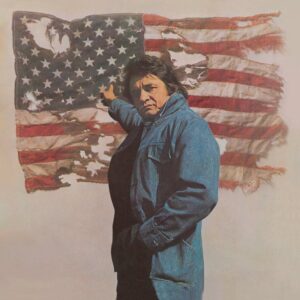 “Don’t Go Near The Water” (1974) sung by Johnny Cash discusses industrialization encroaching on the last remaining spots in nature he can take his kid to. Cash directs the song toward the past, when things were better, “There was a time the air was clean/ And you could see forever ‘cross the plains/The wind was sweet as honey/And no one had ever heard of acid rain.” This song isn’t calling out to the younger generation to change the future, rather he’s singing to his generation showing them that they need to leave the earth better than they found it for their kids. Just like “Big Yellow Taxi” the song is showing the need to preserve nature.
“Don’t Go Near The Water” (1974) sung by Johnny Cash discusses industrialization encroaching on the last remaining spots in nature he can take his kid to. Cash directs the song toward the past, when things were better, “There was a time the air was clean/ And you could see forever ‘cross the plains/The wind was sweet as honey/And no one had ever heard of acid rain.” This song isn’t calling out to the younger generation to change the future, rather he’s singing to his generation showing them that they need to leave the earth better than they found it for their kids. Just like “Big Yellow Taxi” the song is showing the need to preserve nature.
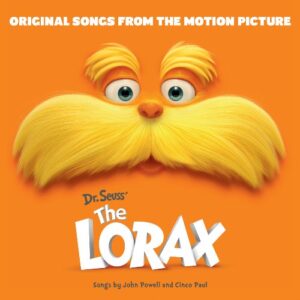 In the 2012 movie, “The Lorax” the intro song, “Thneedville Song” is sung by the Lorax cast. The song despite its lively and upbeat singing shows a dystopian future in a completely artificial world. The people in Thneedville are content with their ignorance blinded by their consumerism. Like “Big Yellow Taxi” the concept of paying for trees is one of the main themes/realities of the song, “In Thneedville the air’s not so clean/ So we buy it fresh!/ It comes out this machine!” This song gives a sneak peek at what a generation without nature looks like, which is what “Big Yellow Taxi” wants to warn us away from.
In the 2012 movie, “The Lorax” the intro song, “Thneedville Song” is sung by the Lorax cast. The song despite its lively and upbeat singing shows a dystopian future in a completely artificial world. The people in Thneedville are content with their ignorance blinded by their consumerism. Like “Big Yellow Taxi” the concept of paying for trees is one of the main themes/realities of the song, “In Thneedville the air’s not so clean/ So we buy it fresh!/ It comes out this machine!” This song gives a sneak peek at what a generation without nature looks like, which is what “Big Yellow Taxi” wants to warn us away from.
 “All the Good Girls Go to Hell” (2019) sung by Billie Eilish is sung from nature’s perspective after it’s been all used up (another dystopian /apocalyptic reality). Reiterating Mitchell’s idea of not appreciating what we have till it’s lost, Eilish sings, “Look at you needing me/You know I’m not your friend without some greenery.” The personification of nature feeling scornful due to being abused for so long brings out the need for things to change. The songs such us that as much as we corrupt nature, we are corrupting ourselves, so to save both we need to be more proactive in preserving the environment.
“All the Good Girls Go to Hell” (2019) sung by Billie Eilish is sung from nature’s perspective after it’s been all used up (another dystopian /apocalyptic reality). Reiterating Mitchell’s idea of not appreciating what we have till it’s lost, Eilish sings, “Look at you needing me/You know I’m not your friend without some greenery.” The personification of nature feeling scornful due to being abused for so long brings out the need for things to change. The songs such us that as much as we corrupt nature, we are corrupting ourselves, so to save both we need to be more proactive in preserving the environment.
In Lineage #2 we see different timelines of the environment and where it ends up based on our current actions. All the songs show a sense of corruption either in nature or in ourselves due to our lack of activism. The songs hone in on “Big Yellow Taxi’s” concept of under-appreciating nature and realizing that does too late to change anything. But at the same time within that idea of a dismal future, there is hope when you find yourself listening and not accepting that as a plausible reality. With the call for activism at the core of each song, “Big Yellow Taxi” has a strong lineage.
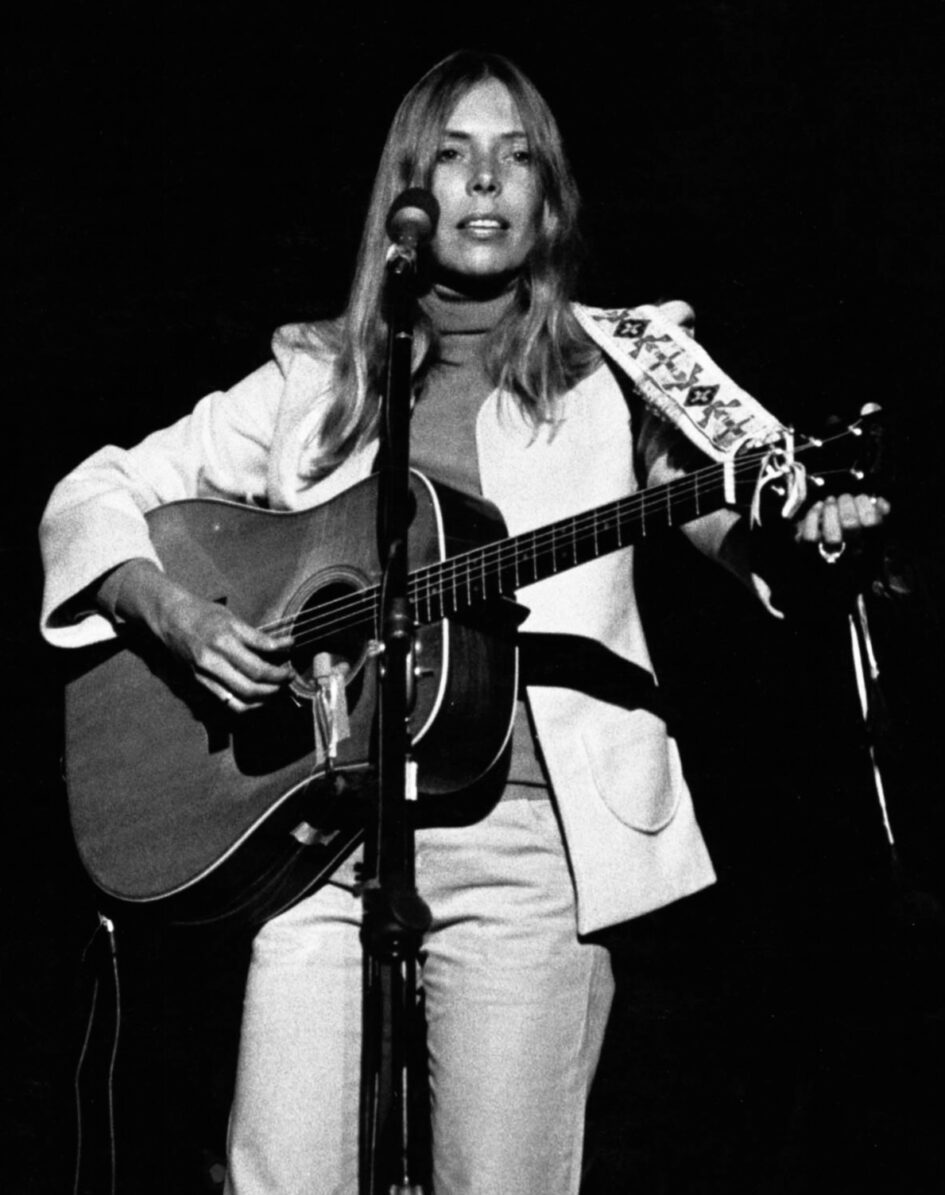
October 10, 2022 at 5:50 am
Arianna,
A wonderful discussion of two lineages, and, as always, I really like how you compose the layout for your posts with images and links. It just shows so much care and attention to detail. There are so many environmental songs that it’s going to be useful for you to really home in on those that have made an impact since Mitchell’s song.
You might also look into how artists are working to lessen the impact of their shows and touring, as Dave Matthews Band is trying to do: https://variety.com/2019/music/features/dave-matthews-environment-touring-united-nations-1203328977/.
Bill